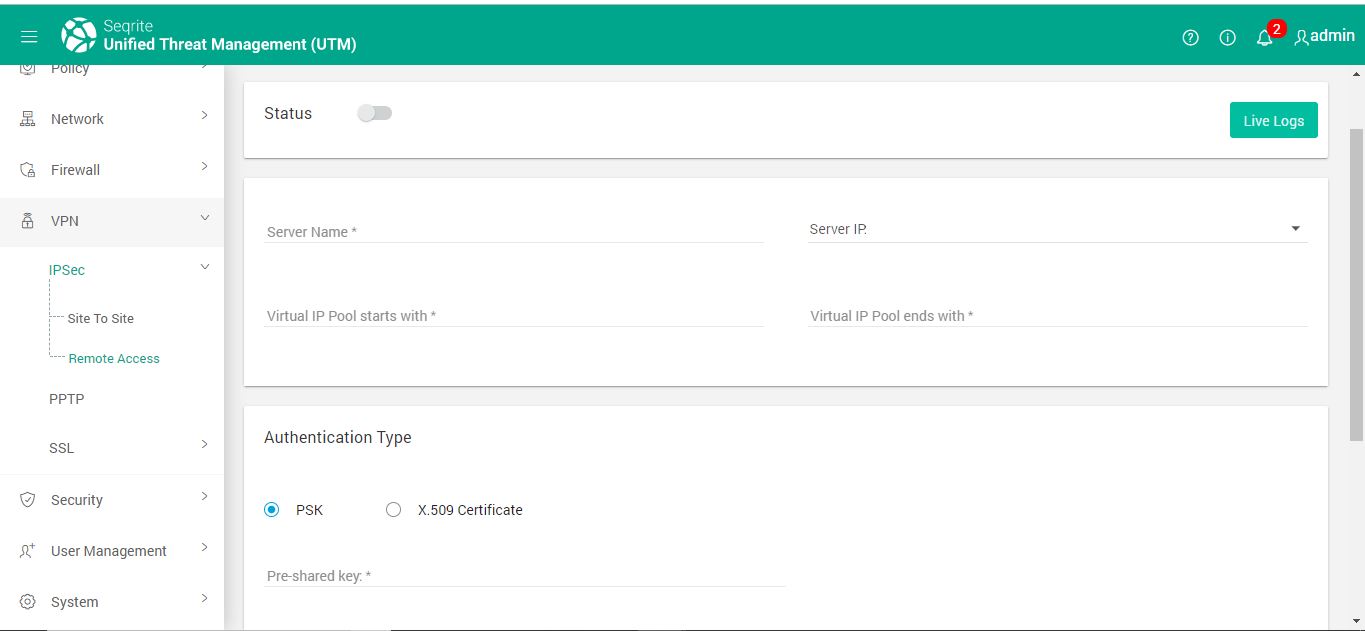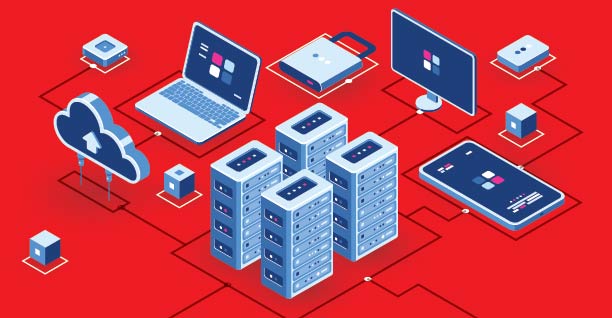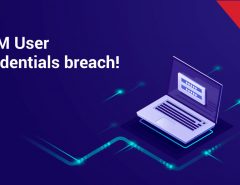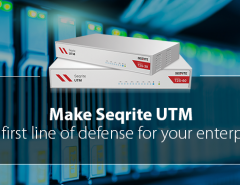What is VPN?
A VPN, or virtual private network, is a secure tunnel between your device and the internet. It is an encrypted connection which is used to protect your online traffic from snooping, interference, and censorship. It allows you to open secure communication channel from one network to another network over the internet. It extends a private network across a public network and enables users to send and receive data across shared or public networks as if their computing devices were directly connected to the private network.
Why someone needs VPN.
- You have a remote workforce: You have a workforce or freelancer that works for you from remote location and wants to access your network regularly.
- You encourage BYOD policy: BYOD (Bring your own device) policy reduces your infrastructure cost but it will increase the security risks.
- Your employee travel to customer location: Your employee may travel to client location to close the deal or for business essentials. They need to access your private network from the client location and they may also have to work while traveling. Using public WiFi at such times on Airport or Hotels increases security risk.
- You want to secure communication and browsing: Your employees may use unsecure web pages while browsing, potentially exposing sensitive data such as passwords and business details.
- You have multiple branches: You may have multiple branches which you want to connect with each other without compromising on security. Also, you may want to share/access your private network resources over public network.
Benefits of VPN for your Business.
- Enhanced data security for remote users: VPN provides a secure communication tunnel for your remote workforce. Your employees use this secure tunnel to access your private network resources as well as public network without compromising the security. It also secures your BYOD policies.
- Encourage productivity: If your employees are aware about internet vulnerability, then they may be cautious about accessing the confidential private data from public network. VPN provides a secure means to access your private network while ensuring peace of mind for your employees.
- Make your clients feel more secure: If you are collecting your customer’s data as business offering, then VPN helps to mitigate their worries by providing one more layer of security to build their confidence.
- Geo Independence: Some countries restrict what you can access. And if you and your employees travel a lot, to complete your work your employees need to stay connected with your office and that time you need VPN.
Challenges with Remote Access
Even though VPN provides secure communication channel to your remote employees, they can misuse your organizational resources. They may use your internet bandwidth for their personal benefits. You need to restrict this kind of unwanted usage.
Seqrite UTM offering

Seqrite UTM has a provision to create Virtual Private Network in two scenarios.
- Site to Site: A site-to-site VPN allows offices in multiple fixed locations to establish secure connections with each other over a public network such as the internet.
- Remote access: Allows you to securely access your organization’s network over the Internet.
Seqrite UTM provides the following three types of VPN:
- IPSec VPN: This VPN uses layer 3 IP security standard to create secure tunnels between the client and the server.
- PPTP VPN: Point-to-Point Tunneling Protocol (PPTP) is a network protocol that enables the secure transfer of data from a remote client to a private enterprise server by creating a VPN across TCP/IP-based data networks. This VPN uses MPPE authentication for connection between client and server.
- SSL VPN: This VPN uses SSL certificates and Public Key Infrastructure (PKI) for authentication and encryption of the tunnel between client and server.
Seqrite UTM also offers to enforce multiple policies over your remote VPN users, so that you can control their access. i.e.
- Web policies
- URL Categorization
- Keyword control
- File size policy
- Black/White list URLs
- Mail policies
- Attachment control
- Keyword blocking
Seqrite UTM also offers multiple security features over VPN traffic to secure your private network.
- Antivirus
- Antispam
- Internet Quota Management
Seqrite UTM offers unrestricted VPN access to the customers….




